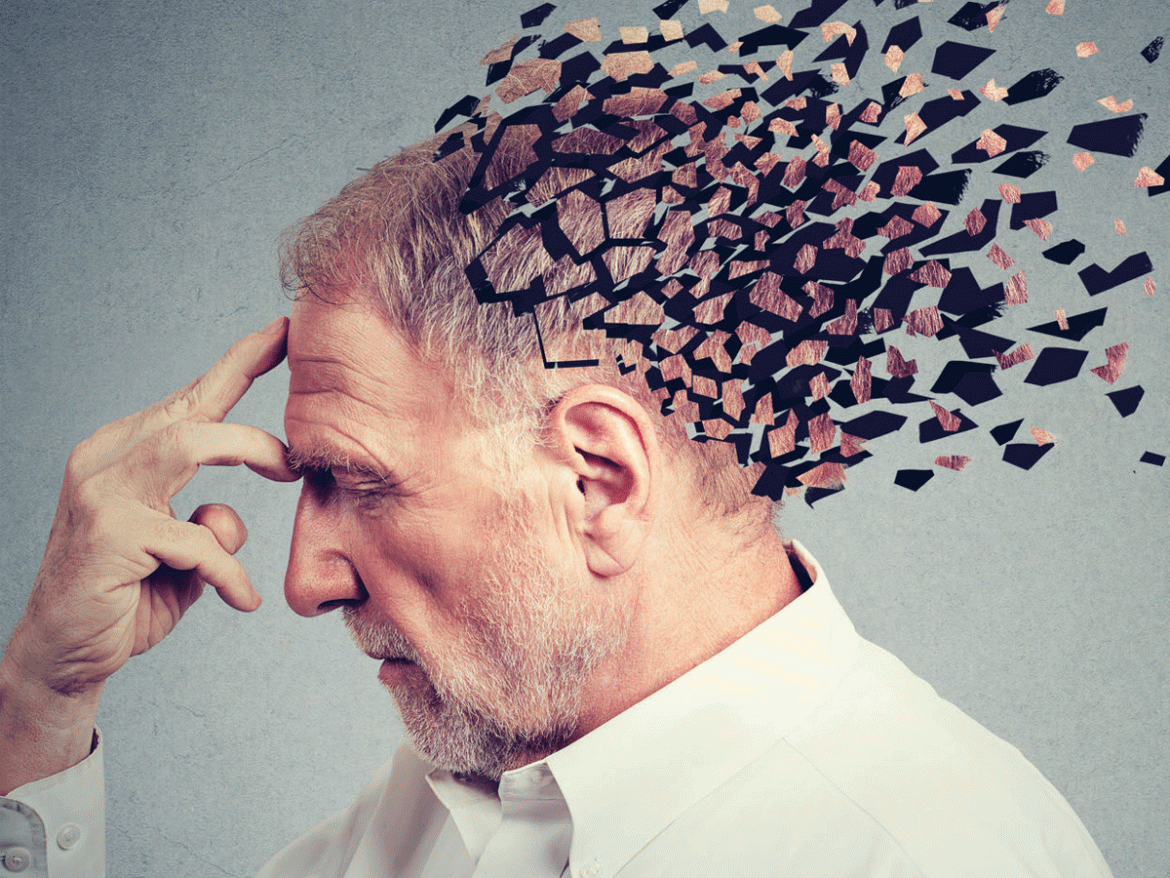
GOOD HERBS FOR DEMENTIA DISEASE
- 25 Aug, 2021
- Posted by admin
- 0 Comment(s)
DESCRIPTION –
Dementia is not a specific disease it is a general loss of cognitive functioning such as impaired ability to remember, think, or make decisions that interferes with everyday activities. People with dementia cannot control their emotions, and personalities may change. Alzheimer’s disease is common type of dementia. It mostly affects older adults.
SIGH AND SYMPTOMS OF DEMENTIA
Dementia symptoms can vary person to person. People with dementia have problems with:
- Memory
- Attention
- Communication
- Reasoning, judgment, and problem solving
- Visual perception beyond typical age-related changes in vision
Signs that may point to dementia include:
- Getting lost in a familiar neighborhood
- Using unusual words to refer to familiar objects
- Forgetting the name of a close one
- Forgetting old memories
- Not being able to complete tasks independently.
TYPES OF DEMENTIA
- Alzheimer’s disease – It is the most common cause of dementia in 60 to 80 percent of cases. It is occur due to the specific changes in the brain. The symptom include trouble in remembering recent events, such as a conversation occurred minutes or hours ago, difficulty with walking or talking or personality changes also come later.
- Vascular dementia – 10% of dementia cases are linked to strokes and other issues with blood flow to the brain. Diabetes mellitus, high blood pressure and cholesterol are also risk factors for dementia. Symptoms depending on the area and size of the brain impacted.
- Lewy body dementia – People with this form of dementia may have movement or balance problems like stiffness or trembling and loss of memory. Many people experience daytime sleepiness, confusion or staring spells and found trouble in night time sleeping or experience visual hallucinations.
- Fronto-temporal dementia – This type of dementia leads to changes in personality and behavior because of the part of the brain it affects. People may embarrass themselves or behave inappropriately in this type of dementia.
- Mixed dementia – Sometimes more than one type of dementia is present in the brain especially in people aged 80 and olde cause disease progression faster than with one kind of dementia.
CAUSES
- Dementia is caused by the damage to brain cells which interferes with the ability of brain cells to communicate with each other.
- When brain cells cannot communicate normally so change occur in people personality, thinking, behavior and feelings.
- The brain has many distinct regions, each region is responsible for different functions such as, memory, judgment and movement.
- Cells in a particular region when damaged that region cannot carry out its functions properly.
- Different types of dementia are related with particular types of brain cell damage in a particular regions of the brain.
- The hippocampus is the center of learning and memory in the brain and the brain cells in this region are the first to be damaged. That is the reason of memory loss occur in Alzheimer’s disease.
HERBS USED TO TREAT DEMENTIA
- Ashwagandha (Withania somnifera, fam. Solanaceae) – It is a common herb used in Ayurveda as an adaptogen or antistress agent.
- Ashwagandha root contains a variety of components that produce antistress, antioxidant, and immunomodulatory effects.
- Ashwagandha provide balance state of physical and mental health and increase happiness. It is given to children as tonics and also consumed by the middle-aged and elderly people to increase longevity.
- Studies reveled that Ashwagandha root improves body defense mechanism against chronic diseases by improving cell-mediated immunity.
- Ashwagandha root beneficial in neurodegenerative diseases due to its neurite promoting, antioxidant, anti-inflammatory, antiapoptotic, and anxiolytic properties, as well as their ability to improve mitochondrial dysfunction, restore energy levels and increase the levels of antioxidant defenses.
- Turmeric – It is derived from the rhizome of Curcuma longa, which belongs to the family Zingiberaceae.
- It has antioxidant, anti-inflammatory, and cancer chemopreventive properties. Curcumin reduces oxidative damage and improve functions related to the aging process.
- Curcumin suppresses pro-inflammatory pathways by blocking the production of TNF-α, IL-1β, and other pro-inflammatory cytokines, including IL-8.
- Curcumin significantly improves performance on sustained attention and working memory tasks in healthy adults over 60 years of age.
- Studies indicates that treatment with curcumin results in no loss of cognition in the treatment group.
- Brahmi (Bacopa monnieri) – Bacopa monnieri belongs to the family Scrophulariaceae.
- It is used for the treatment of a nervous system disorders such as insomnia, anxiety, epilepsy, and enhancing memory and intellect power.
- Brahmi also used as an anti-inflammatory, analgesic, antipyretic, sedative, and antiepileptic agent.
- The memory enhancing properties of Brahmi is due to the presence of bacoside. Treatment done with Bacopa monnieri improves verbal learning and memory.
- Shankhpushpi – Shankhpushpi is a common plant in India. It belongs to the family Convolvulaceae.
- Shankhpushpi is used as a nervine tonic for the improvement of memory and cognitive function. Shankhpushpi is good for nervous system disorders, such as stress, anxiety, mental fatigue, and insomnia.
- Shankhpushpi has a calming effect by regulating stress hormones in the body called adrenaline and cortisol.
- Shankhpushpi improve learning and memory and induce antioxidant effects.
- Gotu kola (Centella asiatica) – it is another herb that is known as Brahmi (besides Bacopa monnieri). It belongs to the family Apiaceae.
- It is used for treating high blood pressure, enhancing memory, and promoting longevity.
- Tea made from gotu kola can be very helpful for relieving tension, relax mind, and soothing anxiety.
- Gotu kola help in intelligence, longevity, and memory. In the Ayurvedic medicine water extracts of gotu kola are used not only for rejuvenating and restoring neural cells, but also for stimulating healthy sleep.
- It has a powerful effect on quality of life in disorders such as epilepsy.
- Guggulu – Guggulu contain 30 percent to 60 percent water-soluble gum, 20 percent to 40 percent alcohol-soluble resins, and about 8 percent volatile oils, which have many biological activities.
- Water-soluble extracts of guggulu contain mucilage, sugars, and proteins. Alcohol-soluble extracts of guggulu contain commiphoric acids, and commiphorinic acid.
- Guggulu contains ferulic acids, phenols, and other nonphenolic aromatic acids which are good for the treatment of neurodegenerative diseases.
